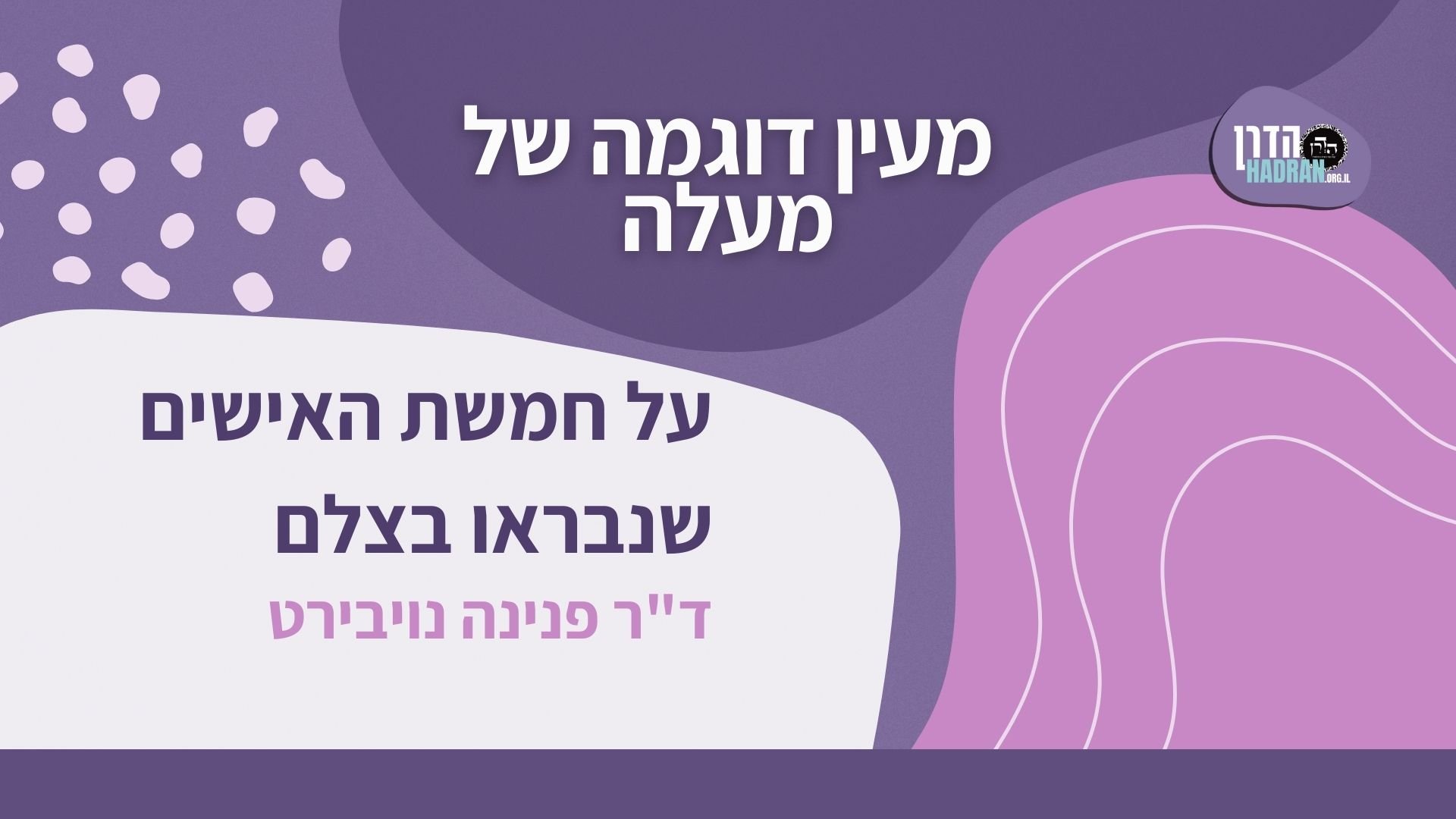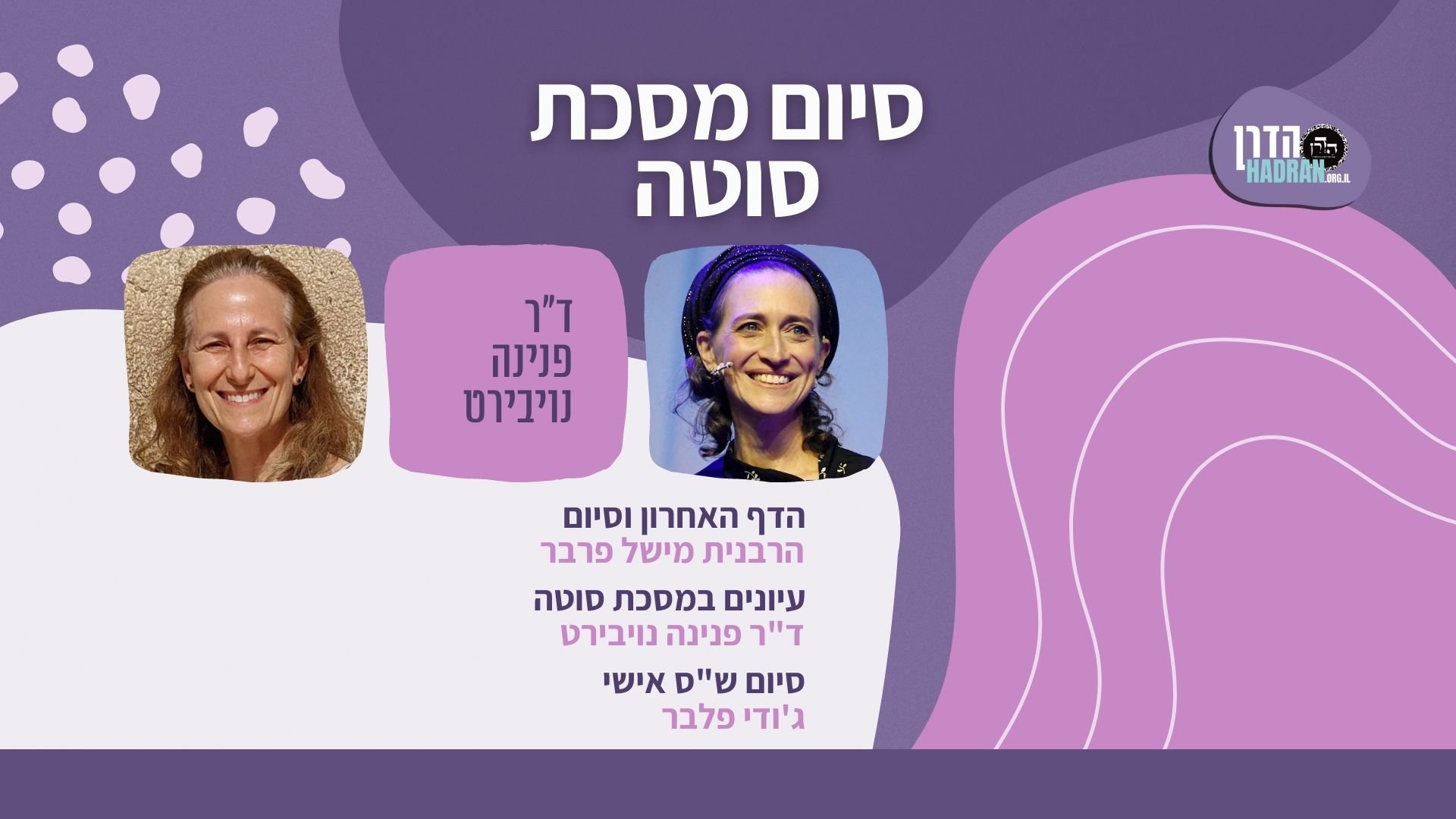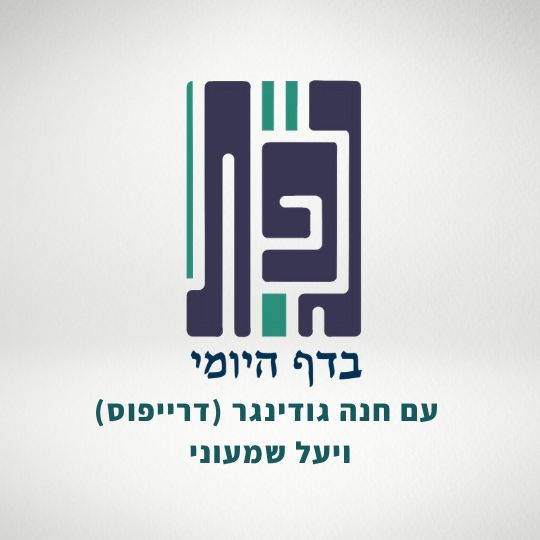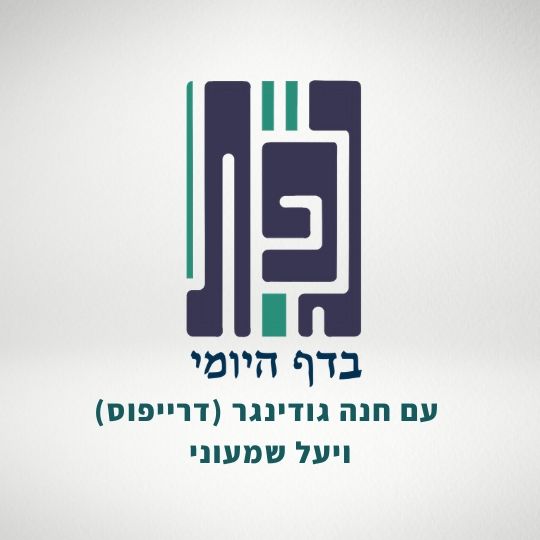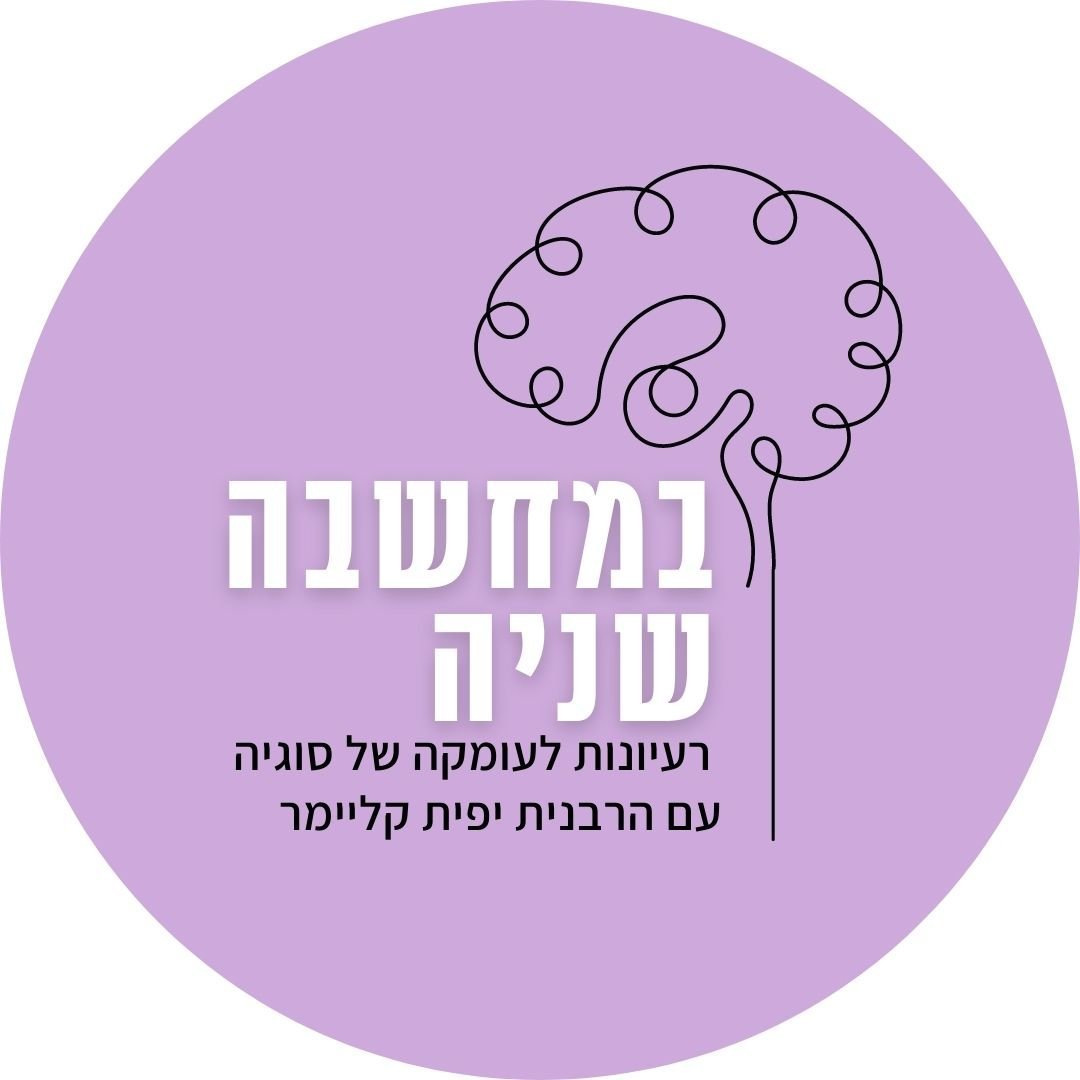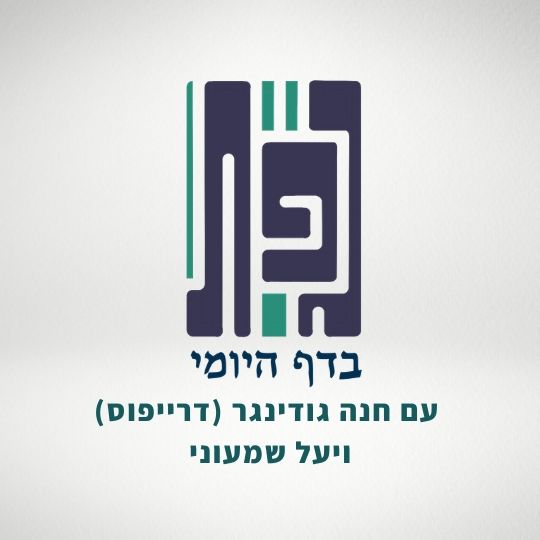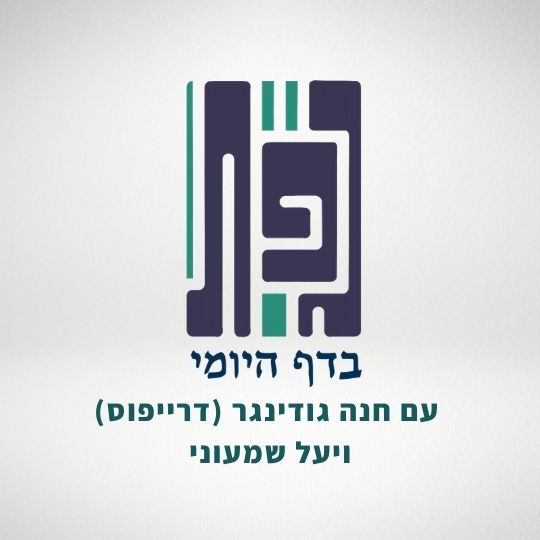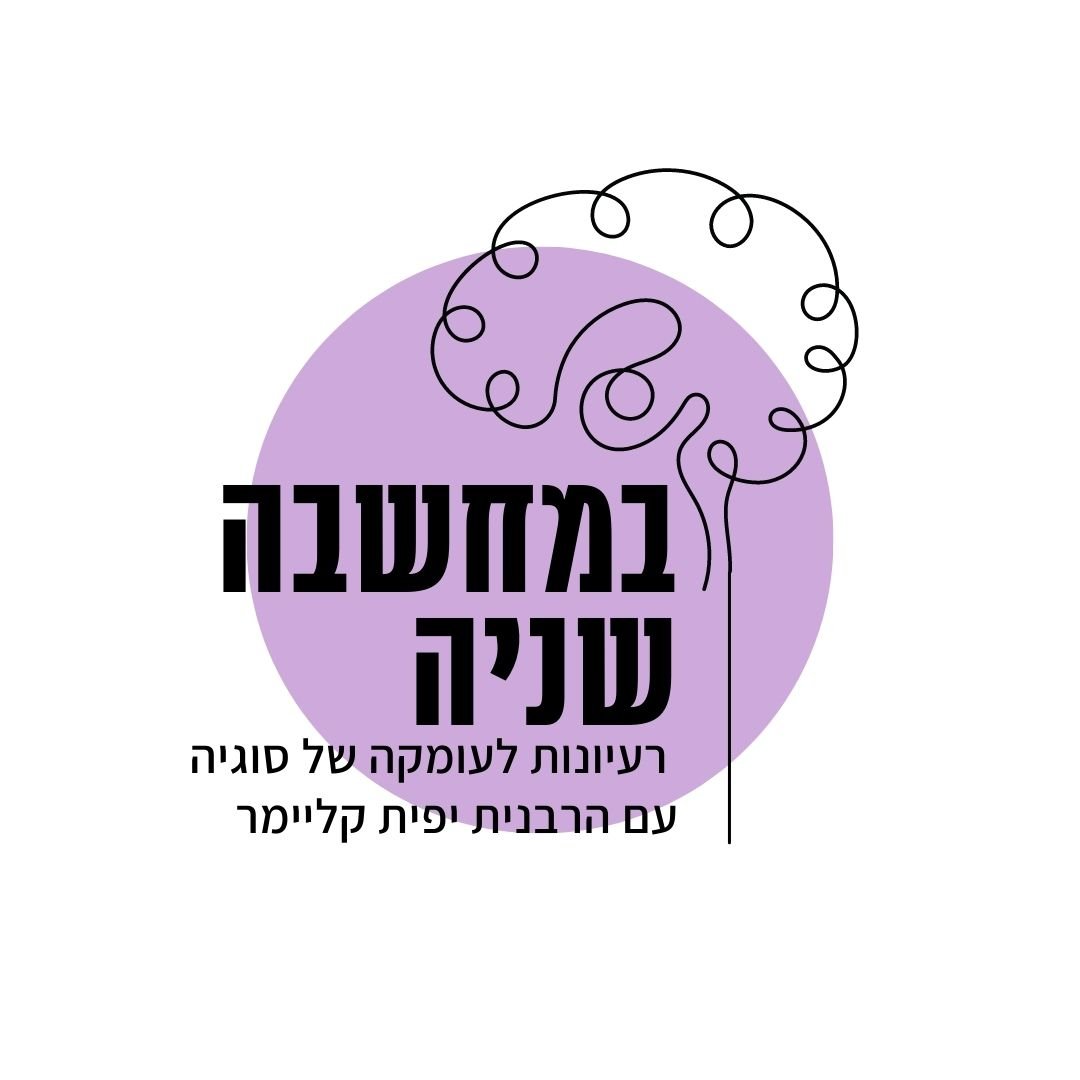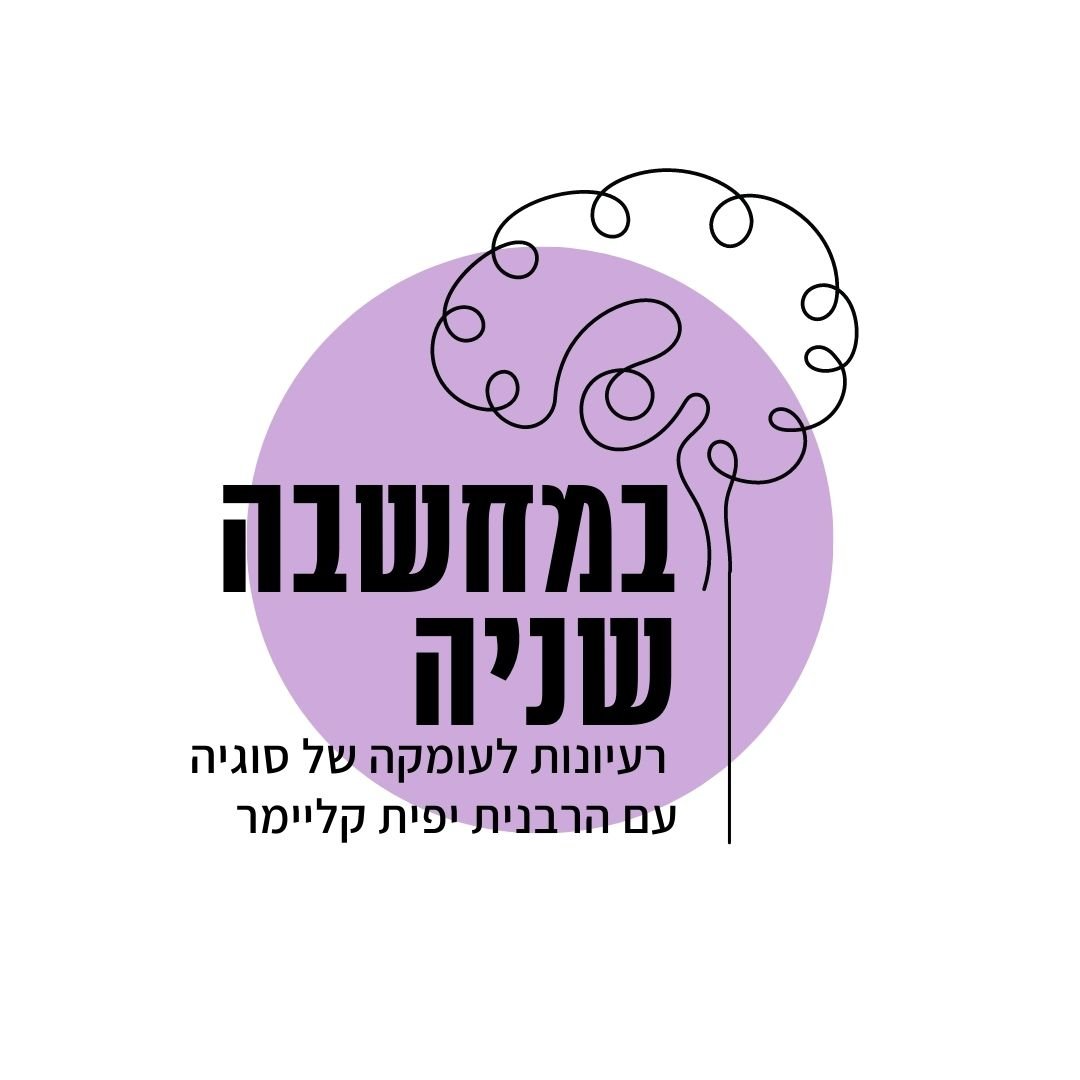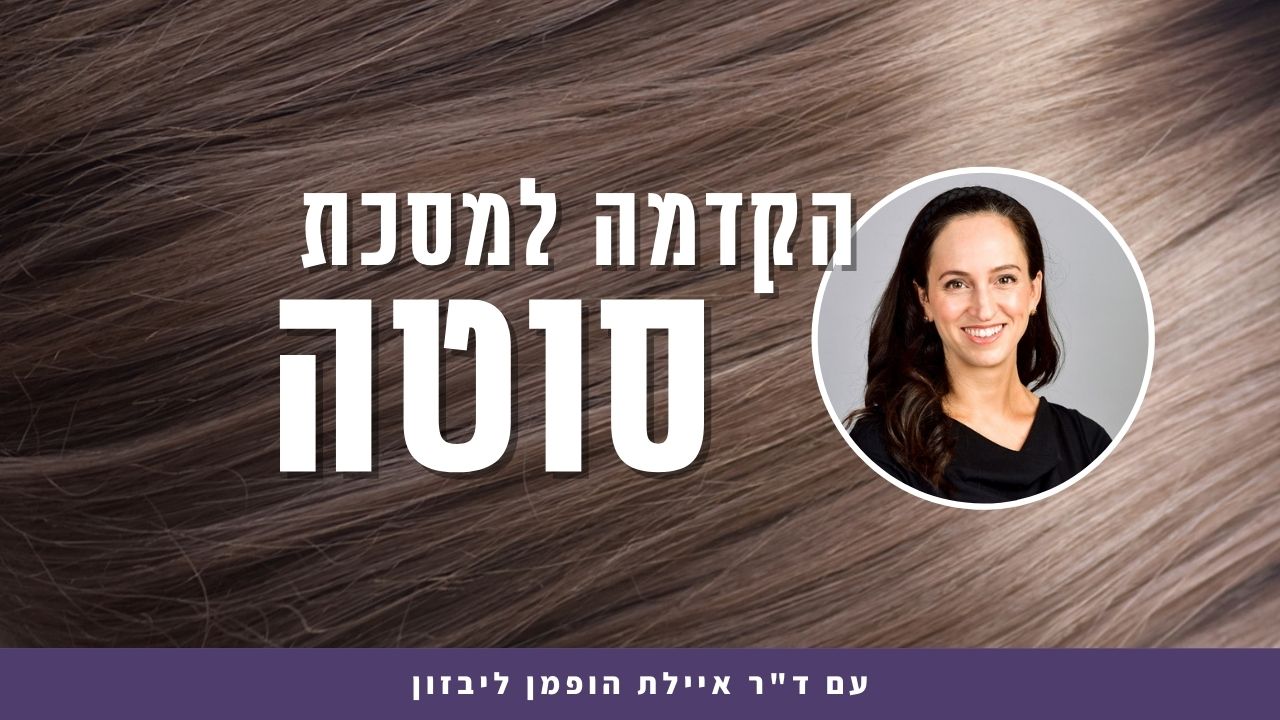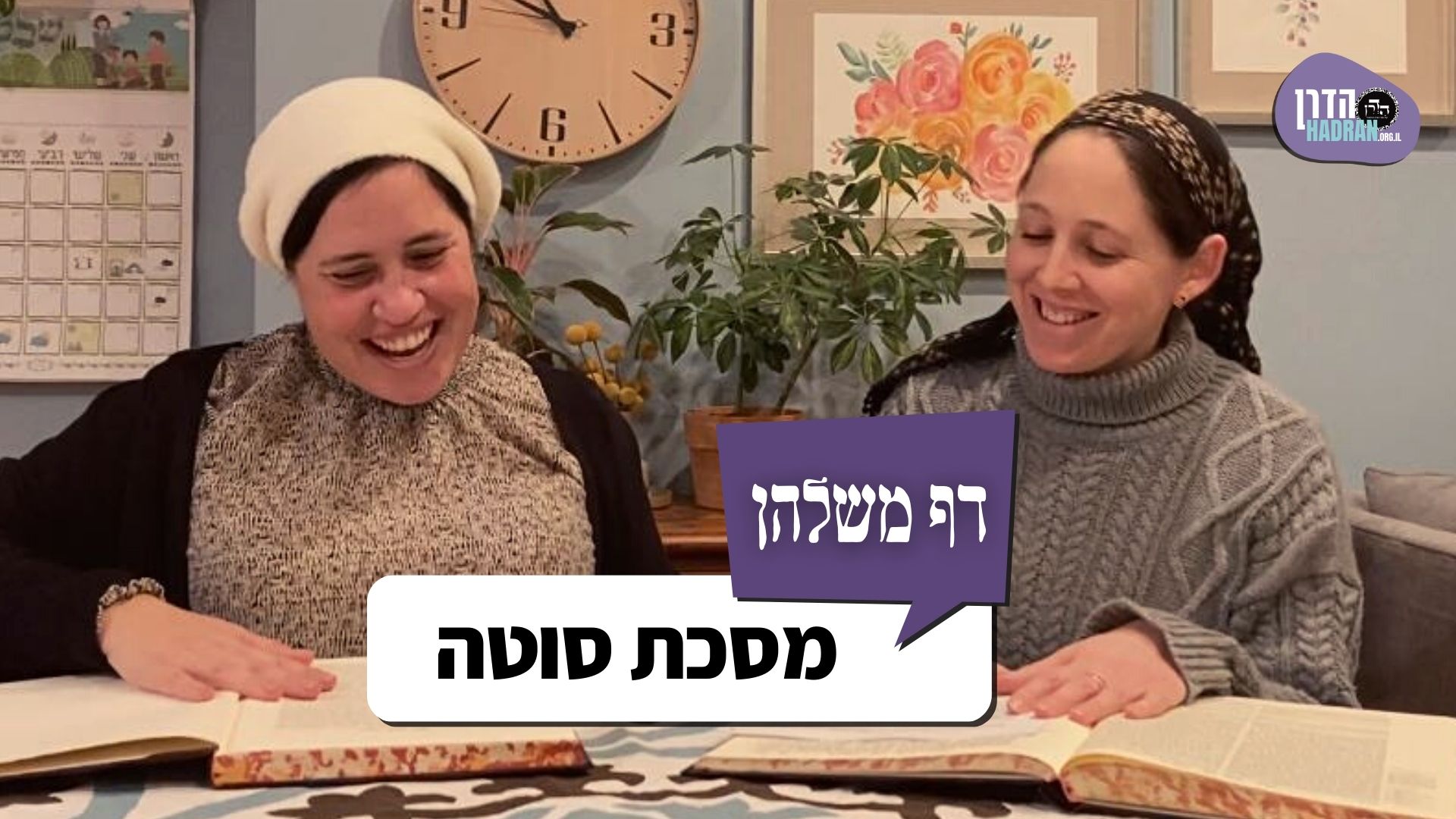שמו של יהודה כולל את אותיות שם ה’ כי הוא קידש שם שמיים ברבים. מתי זה היה? מובאת ברייתא כדי לענות על השאלה, שבה מובאות שתי תשובות שונות לגבי השאלה מי נכנס ראשון לים סוף – שבט בנימין או נחשון בן עמינדב משבט יהודה? רבי אליעזר בן יעקב מסביר כיצד התפצלו הלויים בטקס ברכות וקללות – הזקנים היו בין שני ההרים והאחרים היו על ההר. רבי יאשיה אומר שזה התפצל בין מי שהיה מסוגל לעבוד (לשאת את הארון) לבין מי שלא. לרבי יש הבנה שונה לחלוטין היכן עמדו האנשים – הוא חושב שכל השבטים עמדו למרגלות ההר – חלקם למרגלות הר גריזים וחלקם למרגלות הר עיבל וכשהפסוק אומר "על הר…” במובן ליד, כפי שהוכח ממקרים אחרים שבהם "על” מתפרש כ”ליד”. כיצד נאמרו הברכות והקללות? כמה בריתות נכרתו באותו יום? מתי עוד נכרתו בריתות על קבלת מצוות כמו אלו ביום ההוא? יש מחלוקת מה התקבל מתי – רבי ישמעאל גורס כי ניתנו כללים בסיני ופרטים באוהל מועד. רבי עקיבא סבור ששניהם (פרטים וכללים) התקבלו בסיני ונשנו באוהל מועד ולאחר מכן בפעם השלישית בערבות מואב. אמר רבי יהודה בן נחמני שכל הברכות והקללות מתייחסות רק למי שנואף. פרטים נוספים על אופן אמירת הברכות והקללות נדרשים מהפסוק לגבי העומדים בהר גריזים לברכות ועומדים בהר עיבל לקללות.
הלימוד החודש מוקדש לרפואת פיליס הכט, גיטל פעשא בת מאשה רחל על ידי חברותיה הרבות שאוהבות ומעריכות אותה.
רוצה להקדיש שיעור?

כלים
הלימוד החודש מוקדש לרפואת פיליס הכט, גיטל פעשא בת מאשה רחל על ידי חברותיה הרבות שאוהבות ומעריכות אותה.
כלים
העמקה
רוצה להבין מה באמת קורה מתחת לפני השטח של הסוגיה?
שיעורים, פודקאסטים והרחבות של מיטב המורות שלנו יפתחו לך עוד זוויות וכיווני חשיבה.
חדשה בלימוד הגמרא?
זה הדף הראשון שלך? איזו התרגשות עצומה! יש לנו בדיוק את התכנים והכלים שיעזרו לך לעשות את הצעדים הראשונים ללמידה בקצב וברמה שלך, כך תוכלי להרגיש בנוח גם בתוך הסוגיות המורכבות ומאתגרות.
פסיפס הלומדות שלנו
גלי את קהילת הלומדות שלנו, מגוון נשים, רקעים וסיפורים. כולן חלק מתנועה ומסע מרגש ועוצמתי.
סוטה לז
שִׁבְטוֹ שֶׁל בִּנְיָמִין וְיָרַד לַיָּם תְּחִילָּה, שֶׁנֶּאֱמַר: ״שָׁם בִּנְיָמִין צָעִיר רֹדֵם״, אַל תִּקְרֵי ״רֹדֵם״ אֶלָּא ״רָד יָם״. וְהָיוּ שָׂרֵי יְהוּדָה רוֹגְמִים אוֹתָם, שֶׁנֶּאֱמַר: ״שָׂרֵי יְהוּדָה רִגְמָתָם״.
the tribe of Benjamin and descended into the sea first, as it is stated: “There is Benjamin, the youngest, ruling them [rodem]” (Psalms 68:28). Do not read it as: “Ruling them [rodem]”; rather, read it as: Descending [red] into the sea [yam]. And the princes of the tribe of Judah were stoning them [rogmim otam] for plunging in first and not in the proper order, as it is stated in the continuation of the verse: “The princes of Judah, their council [rigmatam]” (Psalms 68:28).
לְפִיכָךְ זָכָה בִּנְיָמִין הַצַּדִּיק וְנַעֲשָׂה אוּשְׁפִּיזְכָן לַגְּבוּרָה, שֶׁנֶּאֱמַר: ״וּבֵין כְּתֵפָיו שָׁכֵן״.
Therefore, Benjamin the righteous was privileged to serve as host to the Divine Presence of the Almighty, as the Temple was built in the territory of Benjamin, as it is stated in Moses’ blessing for the tribe of Benjamin: “The beloved of the Lord shall dwell in safety by Him; He covers him all the day, and He rests between his shoulders” (Deuteronomy 33:12).
אָמַר לוֹ רַבִּי יְהוּדָה: לֹא כָּךְ הָיָה מַעֲשֶׂה, אֶלָּא זֶה אוֹמֵר: אֵין אֲנִי יוֹרֵד תְּחִילָּה לַיָּם, וְזֶה אוֹמֵר: אֵין אֲנִי יוֹרֵד תְּחִילָּה לַיָּם, קָפַץ נַחְשׁוֹן בֶּן עַמִּינָדָב וְיָרַד לַיָּם תְּחִילָּה, שֶׁנֶּאֱמַר: ״סְבָבֻנִי בְכַחַשׁ אֶפְרַיִם וּבְמִרְמָה בֵּית יִשְׂרָאֵל וִיהוּדָה עֹד רָד עִם אֵל״.
Rabbi Yehuda said to Rabbi Meir: That is not how the incident took place. Rather, this tribe said: I am not going into the sea first, and that tribe said: I am not going into the sea first. Then, in jumped the prince of Judah, Nahshon ben Amminadab, and descended into the sea first, accompanied by his entire tribe, as it is stated: “Ephraim surrounds Me with lies and the house of Israel with deceit, and Judah is yet wayward toward God [rad im El]” (Hosea 12:1), which is interpreted homiletically as: And Judah descended [rad] with God [im El].
וְעָלָיו מְפֹרָשׁ בַּקַּבָּלָה: ״הוֹשִׁיעֵנִי אֱלֹהִים כִּי בָאוּ מַיִם עַד נָפֶשׁ … טָבַעְתִּי בִּיוֵן מְצוּלָה וְאֵין מׇעֳמָד וְגוֹ׳״, ״אַל תִּשְׁטְפֵנִי שִׁבֹּלֶת מַיִם וְאַל תִּבְלָעֵנִי מְצוּלָה וְגוֹ׳״.
And in this regard, the tradition, i.e., the Writings, explicates Nahshon’s prayer at that moment: “Save me, God; for the waters are come in even unto the soul. I am sunk in deep mire, where there is no standing…let not the water flood overwhelm me, neither let the deep swallow me up” (Psalms 69:2–3, 16).
בְּאוֹתָהּ שָׁעָה הָיָה מֹשֶׁה מַאֲרִיךְ בִּתְפִלָּה, אָמַר לוֹ הַקָּדוֹשׁ בָּרוּךְ הוּא: יְדִידַיי טוֹבְעִים בַּיָּם וְאַתָּה מַאֲרִיךְ בִּתְפִלָּה לְפָנַי?! אָמַר לְפָנָיו: רִבּוֹנוֹ שֶׁל עוֹלָם! וּמָה בְּיָדִי לַעֲשׂוֹת? אָמַר לוֹ: ״דַּבֵּר אֶל בְּנֵי יִשְׂרָאֵל וְיִסָּעוּ. וְאַתָּה הָרֵם אֶת מַטְּךָ וּנְטֵה אֶת יָדְךָ וְגוֹ׳״.
At that time, Moses was prolonging his prayer. The Holy One, Blessed be He, said to him: My beloved ones are drowning in the sea and you prolong your prayer to me? Moses said before Him: Master of the Universe, but what can I do? God said to him: “Speak to the children of Israel that they go forward. And you, lift up your rod and stretch out your hand” (Exodus 14:15–16).
לְפִיכָךְ, זָכָה יְהוּדָה לַעֲשׂוֹת מֶמְשָׁלָה בְּיִשְׂרָאֵל, שֶׁנֶּאֱמַר: ״הָיְתָה יְהוּדָה לְקׇדְשׁוֹ יִשְׂרָאֵל מַמְשְׁלוֹתָיו״, מָה טַעַם ״הָיְתָה יְהוּדָה לְקׇדְשׁוֹ וְיִשְׂרָאֵל מַמְשְׁלוֹתָיו״ — מִשּׁוּם דְּ״הַיָּם רָאָה וַיָּנֹס״.
For this reason, because Nahshon and the tribe of Judah went into the sea first, the tribe of Judah merited to govern Israel, as it is stated: “Judah became His sanctuary, Israel His dominion. The sea saw it and fled” (Psalms 114:2–3). The baraita interprets the verses in this manner: What is the reason that Judah became His sanctuary and Israel came under His dominion? It is because “the sea saw it and fled.”
תַּנְיָא, רַבִּי אֱלִיעֶזֶר בֶּן יַעֲקֹב אוֹמֵר: אִי אֶפְשָׁר לוֹמַר לֵוִי לְמַטָּה, שֶׁכְּבָר נֶאֱמַר לְמַעְלָה. וְאִי אֶפְשָׁר לוֹמַר לְמַעְלָה, שֶׁכְּבָר נֶאֱמַר לְמַטָּה.
§ The Gemara returns to discussing the blessing and curses. It is taught in a baraita (Tosefta 8:9) that Rabbi Eliezer ben Ya’akov says: It is impossible to say that the tribe of Levi stood below, between the two mountains, as it is already stated that they were above, in the verse: “These shall stand on Mount Gerizim to bless the people when you have passed over the Jordan: Simeon and Levi and Judah” (Deuteronomy 27:12). And it is impossible to say that they stood above on the mountain because it is already stated: “And all of Israel, and their elders and officers, and their judges, stood on this side of the Ark and on that side before the priests the Levites” (Joshua 8:33). This shows that the Levites stood below, between the mountains, with the Ark.
הָא כֵּיצַד? זִקְנֵי כְּהוּנָּה וּלְוִיָּה לְמַטָּה, וְהַשְּׁאָר לְמַעְלָה. רַבִּי יֹאשִׁיָּה אוֹמֵר: כׇּל הָרָאוּי לְשָׁרֵת לְמַטָּה, וְהַשְּׁאָר לְמַעְלָה.
How is this possible? Only the Elders of the priesthood and the Levites stood below, and the rest of the Levites stood above on the mountain. Rabbi Yoshiya says: Any Levite who was fit to serve in the Temple stood below, between the mountains, and the rest of the tribe, who were too young or too old to serve in the Temple, stood above on the mountain.
רַבִּי אוֹמֵר: אֵלּוּ וְאֵלּוּ לְמַטָּה הֵן עוֹמְדִים, הָפְכוּ פְּנֵיהֶם כְּלַפֵּי הַר גְּרִיזִים וּפָתְחוּ בִּבְרָכָה, כְּלַפֵּי הַר עֵיבָל וּפָתְחוּ בִּקְלָלָה. מַאי ״עַל״ — עַל בְּסָמוּךְ.
Rabbi Yehuda HaNasi says: Both the Levites and the Israelites were standing below. They turned to face Mount Gerizim and opened with a blessing, and then they turned toward Mount Ebal and opened with a curse. Therefore, what is the meaning of the verse: “These shall stand on [al] Mount Gerizim to bless the people” (Deuteronomy 27:12)? “Al” means adjacent to the mountain but not actually on the mountain itself.
כִּדְתַנְיָא: ״וְנָתַתָּ עַל הַמַּעֲרֶכֶת לְבוֹנָה זַכָּה״, רַבִּי אוֹמֵר: ״עַל״ — בְּסָמוּךְ. אַתָּה אוֹמֵר ״עַל״ בְּסָמוּךְ, אוֹ אֵינוֹ אֶלָּא עַל מַמָּשׁ? כְּשֶׁהוּא אוֹמֵר ״וְסַכֹּתָ עַל הָאָרֹן״, הֱוֵי אוֹמֵר ״עַל״ בְּסָמוּךְ.
As it is taught in a baraita that discusses the shewbread: “And you shall put pure frankincense on [al] each row” (Leviticus 24:7). Rabbi Yehuda HaNasi says: “Al” in this instance means adjacent to. Do you say that “al” means adjacent to, or perhaps it carries only its literal meaning of “on”? When it says in the verse: “And you shall screen the Ark [al haAron] with the curtain” (Exodus 40:3), the word “al” cannot mean on, as the curtain that separated the Sanctuary and the Holy of Holies was not placed on top of the Ark, but near it. Therefore, you must say that “al” means adjacent to.
הָפְכוּ פְּנֵיהֶם כְּלַפֵּי הַר גְּרִיזִים וּפָתְחוּ בִּבְרָכָה כּוּ׳, תָּנוּ רַבָּנַן: ״בָּרוּךְ״ בִּכְלָל, ״בָּרוּךְ״ בִּפְרָט. ״אָרוּר״ בִּכְלָל, ״אָרוּר״ בִּפְרָט, לִלְמוֹד וּלְלַמֵּד לִשְׁמוֹר וְלַעֲשׂוֹת, הֲרֵי
§ It is stated in the mishna: They turned to face Mount Gerizim and opened with a blessing: Blessed be the man who does not make a graven or molten image (see Deuteronomy 27:15), and these people and those people, i.e., the two groups standing on either mountain, answered: Amen. Then they turned to face Mount Ebal and opened with the curse: “Cursed be the man who makes a graven or molten image” (Deuteronomy 27:15), and these people and those people answered: Amen. The Sages taught (Tosefta 8:10): The blessings and curses include a general blessing for one who fulfills the entire Torah, and a particular blessing for each individual statement mentioned in the blessings and curses. Likewise, there is a general curse for one who does not fulfill the entire Torah and a particular curse for each individual statement. And for each of the blessings and curses there is a mitzva to learn and to teach, and to keep and to perform. Consequently,
אַרְבַּע, אַרְבַּע וְאַרְבַּע הֲרֵי שְׁמוֹנֶה, שְׁמוֹנֶה וּשְׁמוֹנֶה הֲרֵי שֵׁשׁ עֶשְׂרֵה. וְכֵן בְּסִינַי, וְכֵן בְּעַרְבוֹת מוֹאָב, שֶׁנֶּאֱמַר: ״אֵלֶּה דִבְרֵי הַבְּרִית אֲשֶׁר צִוָּה ה׳ אֶת מֹשֶׁה וְגוֹ׳, וּכְתִיב: ״וּשְׁמַרְתֶּם אֶת דִּבְרֵי הַבְּרִית הַזֹּאת וְגוֹ׳״. נִמְצָא אַרְבָּעִים וּשְׁמוֹנֶה בְּרִיתוֹת עַל כׇּל מִצְוָה וּמִצְוָה.
every mitzva contains four aspects. Four general aspects and four specific aspects add up to eight. Eight blessings and eight curses add up to sixteen. And so too at Mount Sinai, and so too at the plains of Moab, as it is stated: “These are the words of the covenant that the Lord commanded Moses to make with the children of Israel in the land of Moab, besides the covenant that He made with them in Horeb” (Deuteronomy 28:69). And it is written: “Observe therefore the words of this covenant” (Deuteronomy 29:8). It follows that between the three events where sixteen covenants were made, God established forty-eight covenants for each and every mitzva.
רַבִּי שִׁמְעוֹן מוֹצִיא הַר גְּרִיזִים וְהַר עֵיבָל, וּמַכְנִיס אֹהֶל מוֹעֵד שֶׁבַּמִּדְבָּר.
Rabbi Shimon excludes Mount Gerizim and Mount Ebal from this list because only some of the mitzvot were mentioned there, and he includes instead the covenant at the Tent of Meeting in the desert.
וּבִפְלוּגְתָּא דְּהָנֵי תַּנָּאֵי דְּתַנְיָא, רַבִּי יִשְׁמָעֵאל אוֹמֵר: כְּלָלוֹת נֶאֶמְרוּ בְּסִינַי וּפְרָטוֹת בְּאֹהֶל מוֹעֵד. רַבִּי עֲקִיבָא אוֹמֵר: כְּלָלוֹת וּפְרָטוֹת נֶאֶמְרוּ בְּסִינַי, וְנִשְׁנוּ בְּאֹהֶל מוֹעֵד, וְנִשְׁתַּלְּשׁוּ בְּעַרְבוֹת מוֹאָב.
The Gemara explains: And it is in the dispute between these tanna’im that they disagree, as it is taught in a baraita (Tosefta 8:11): Rabbi Yishmael says: General statements were said at Sinai, i.e., Moses received general mitzvot at Sinai, including the Ten Commandments. And the details of the mitzvot were explained to Moses at a later time in the Tent of Meeting. Rabbi Akiva says: Both general statements and the details of mitzvot were said at Sinai, and later repeated in the Tent of Meeting, and reiterated a third time by Moses to the Jewish people in the plains of Moab. Rabbi Shimon holds in accordance with his teacher, Rabbi Akiva, and counts Mount Sinai and the Tent of Meeting as two distinct places where all of the mitzvot were given.
וְאֵין לָךְ כׇּל דְּבַר מִצְוָה וּמִצְוָה שֶׁכְּתוּבָה בַּתּוֹרָה שֶׁלֹּא נִכְרְתוּ עָלֶיהָ אַרְבָּעִים וּשְׁמֹנֶה בְּרִיתוֹת.
The baraita concludes: And there is no mitzva written in the Torah for which forty-eight covenants were not established.
רַבִּי שִׁמְעוֹן בֶּן יְהוּדָה אִישׁ כְּפַר עַכּוֹ אָמַר מִשּׁוּם רַבִּי שִׁמְעוֹן: אֵין לְךָ מִצְוָה וּמִצְוָה שֶׁכְּתוּבָה בַּתּוֹרָה שֶׁלֹּא נִכְרְתוּ עָלֶיהָ אַרְבָּעִים וּשְׁמֹנֶה בְּרִיתוֹת שֶׁל שֵׁשׁ מֵאוֹת אֶלֶף וּשְׁלֹשֶׁת אֲלָפִים וַחֲמֵשׁ מֵאוֹת וַחֲמִשִּׁים.
Rabbi Shimon ben Yehuda Ish Kefar Akko said in the name of Rabbi Shimon: There is no mitzva written in the Torah for which forty-eight covenants were not established 603,550 times, corresponding to the population of the Jewish people in the desert. This is because each member of the Jewish people received the covenant both for himself and as a guarantor for the rest of the Jewish people.
אָמַר רַבִּי: לְדִבְרֵי רַבִּי שִׁמְעוֹן בֶּן יְהוּדָה אִישׁ כְּפַר עַכּוֹ שֶׁאָמַר מִשּׁוּם רַבִּי שִׁמְעוֹן, אֵין לְךָ כׇּל מִצְוָה וּמִצְוָה שֶׁבַּתּוֹרָה שֶׁלֹּא נִכְרְתוּ עָלֶיהָ אַרְבָּעִים וּשְׁמֹנֶה בְּרִיתוֹת שֶׁל שֵׁשׁ מֵאוֹת אֶלֶף וּשְׁלֹשֶׁת אֲלָפִים וַחֲמֵשׁ מֵאוֹת וַחֲמִשִּׁים. נִמְצָא לְכׇל אֶחָד וְאֶחָד מִיִּשְׂרָאֵל שֵׁשׁ מֵאוֹת אֶלֶף וּשְׁלֹשֶׁת אֲלָפִים וַחֲמֵשׁ מֵאוֹת וַחֲמִשִּׁים.
Rabbi Yehuda HaNasi says: According to the statement of Rabbi Shimon ben Yehuda Ish Kefar Akko, who spoke in the name of Rabbi Shimon, there is no mitzva in the Torah for which forty-eight covenants were not established 603,550 times; it follows that for every one of the Jewish people there were 603,550 covenants.
מַאי בֵּינַיְיהוּ? אָמַר רַב מְשַׁרְשְׁיָא: עָרְבָא וְעָרְבָא דְעָרְבָא אִיכָּא בֵּינַיְיהוּ.
The Gemara asks: What is the difference between the statements of Rabbi Shimon ben Yehuda Ish Kefar Akko and Rabbi Yehuda HaNasi? What does the statement of Rabbi Yehuda HaNasi add? Rav Mesharshiyya said: The matter of a guarantor and a guarantor for a guarantor is the difference between them. According to Rabbi Yehuda HaNasi, every Jew is not only rendered a guarantor for every other Jew, but he is also rendered a guarantor for every other Jew’s responsibility as a guarantor. Therefore, according to his calculation, the number of covenants is multiplied again by 603,550.
דָּרֵשׁ רַבִּי יְהוּדָה בֶּן נַחְמָנִי מְתוּרְגְּמָנֵיהּ דְּרַבִּי שִׁמְעוֹן בֶּן לָקִישׁ: כׇּל הַפָּרָשָׁה כּוּלָּהּ לֹא נֶאֶמְרָה אֶלָּא בְּנוֹאֵף וְנוֹאֶפֶת,
§ Rabbi Yehuda ben Naḥmani, the disseminator of Rabbi Shimon ben Lakish, taught: The entire passage of the blessings and curses is stated only in reference to an adulterer and adulteress.
״אָרוּר הָאִישׁ אֲשֶׁר יַעֲשֶׂה פֶסֶל וּמַסֵּכָה וְגוֹ׳״, בְּ״אָרוּר״ סַגִּי לֵיהּ? אֶלָּא: זֶה הַבָּא עַל הָעֶרְוָה וְהוֹלִיד בֵּן, וְהָלַךְ לְבֵין אוּמּוֹת הָעוֹלָם וְעָבַד עֲבוֹדָה זָרָה. אֲרוּרִין אָבִיו וְאִמּוֹ שֶׁל זֶה שֶׁכָּךְ גָּרְמוּ לוֹ.
This is proved from the verse: “Cursed is the man who makes a graven or molten image” (Deuteronomy 27:15). Is a curse a sufficient consequence for the actions of an idol worshipper? He has rebelled against the fundamental tenet of the Torah. Rather, this is referring to one who engaged in sexual intercourse with a forbidden relative and bore her a mamzer son. And the son, who is not allowed to marry a Jew of unflawed lineage, went to live among the other nations of the world and engaged in idol worship. His father and mother are cursed for causing him to worship idols. Likewise, the rest of the curses refer to sins that are the result of adultery.
תָּנוּ רַבָּנַן: ״וְנָתַתָּ אֶת הַבְּרָכָה עַל הַר גְּרִזִים וְאֶת הַקְּלָלָה וְגוֹ׳״, מָה תַּלְמוּד לוֹמַר? אִם לְלַמֵּד שֶׁתְּהֵא בְּרָכָה עַל הַר גְּרִזִים וּקְלָלָה עַל הַר עֵיבָל, הֲרֵי כְּבָר נֶאֱמַר ״אֵלֶּה יַעַמְדוּ לְבָרֵךְ אֶת הָעָם עַל הַר גְּרִזִים״, וּכְתִיב ״וְאֵלֶּה יַעַמְדוּ עַל הַקְּלָלָה בְּהַר עֵיבָל״! אֶלָּא לְהַקְדִּים בְּרָכָה לִקְלָלָה.
The Sages taught: “And you shall give the blessing on Mount Gerizim and the curse on Mount Ebal” (Deuteronomy 11:29). Why must the verse state this? If it is to teach that the blessing must be given on Mount Gerizim and the curse on Mount Ebal, it is already stated: “These shall stand on Mount Gerizim to bless the people” (Deuteronomy 27:12), and it is written: “And these shall stand on Mount Ebal for the curse” (Deuteronomy 27:13). Rather, the verse teaches that the proclamation of the blessing must precede the curse.
יָכוֹל יִהְיוּ כׇּל הַבְּרָכוֹת קוֹדְמוֹת לַקְּלָלוֹת, תַּלְמוּד לוֹמַר: ״בְּרָכָה״ וּ״קְלָלָה״ — בְּרָכָה אַחַת קוֹדֶמֶת לִקְלָלָה, וְאֵין כׇּל הַבְּרָכוֹת קוֹדְמוֹת לַקְּלָלוֹת.
One might have thought that all of the blessings should precede the curses. Therefore, the verse states “blessing” and “curse” in the singular, to teach that one blessing precedes each curse, but all of the blessings do not precede the curses. The blessings and curses were recited alternately, first one blessing and then one curse.
וּלְהַקִּישׁ בְּרָכָה לִקְלָלָה, לוֹמַר לָךְ: מָה קְלָלָה בִּלְוִיִּם, אַף בְּרָכָה בִּלְוִיִּם. וּמָה קְלָלָה בְּקוֹל רָם, אַף בְּרָכָה בְּקוֹל רָם. וּמָה קְלָלָה בִּלְשׁוֹן הַקּוֹדֶשׁ, אַף בְּרָכָה בִּלְשׁוֹן הַקּוֹדֶשׁ. וּמָה קְלָלָה בִּכְלָל וּפְרָט, אַף בְּרָכָה בִּכְלָל וּפְרָט. וּמָה קְלָלָה — אֵלּוּ וָאֵלּוּ עוֹנִין וְאוֹמְרִים ״אָמֵן״, אַף בְּרָכָה — אֵלּוּ וָאֵלּוּ עוֹנִין וְאוֹמְרִים ״אָמֵן״.
And furthermore, the verse comes to juxtapose the blessing with the curse, to say to you that just as the curse is recited by the Levites, so too, the blessing is uttered by the Levites; and just as the curse is proclaimed loudly, so too, the blessing is proclaimed loudly; and just as the curse is proclaimed in the sacred tongue, Hebrew, so too, the blessing is proclaimed in the sacred tongue; and just as the curse is proclaimed both in general and in detail, so too, the blessing is proclaimed in general and in detail. And just as after the curse is uttered, both groups of people on each mountain respond and say amen, so too, after the blessing is uttered, both groups respond and say amen.
מַתְנִי׳ בִּרְכַּת כֹּהֲנִים כֵּיצַד? בַּמְּדִינָה אוֹמֵר אוֹתָהּ שָׁלֹשׁ בְּרָכוֹת, וּבַמִּקְדָּשׁ בְּרָכָה אַחַת. בַּמִּקְדָּשׁ אוֹמֵר אֶת הַשֵּׁם
MISHNA: How is the Priestly Benediction recited? In the country, i.e., outside the Temple, the priest recites the verses as three blessings, pausing between each verse while the people respond amen. And in the Temple, the priests recite all three verses as one blessing, after which the people respond: Blessed be the Lord, God, the God of Israel, from eternity to eternity, as is the customary response to blessings in the Temple. In the Temple, the priest utters the name of God
